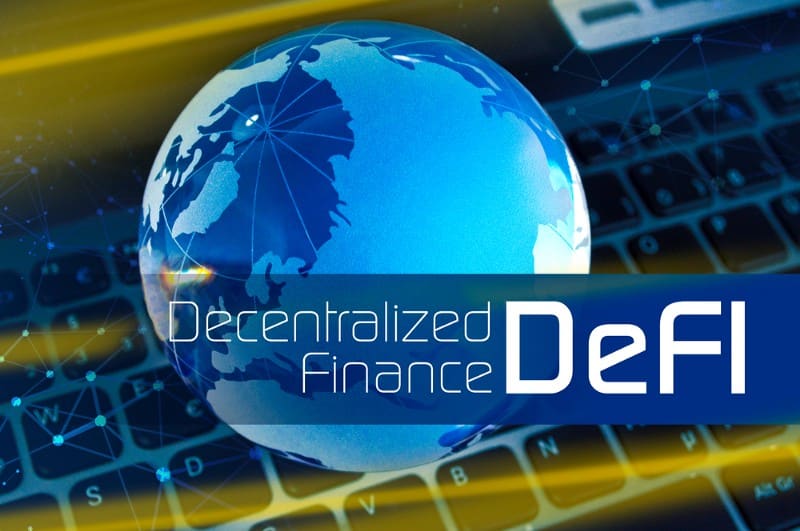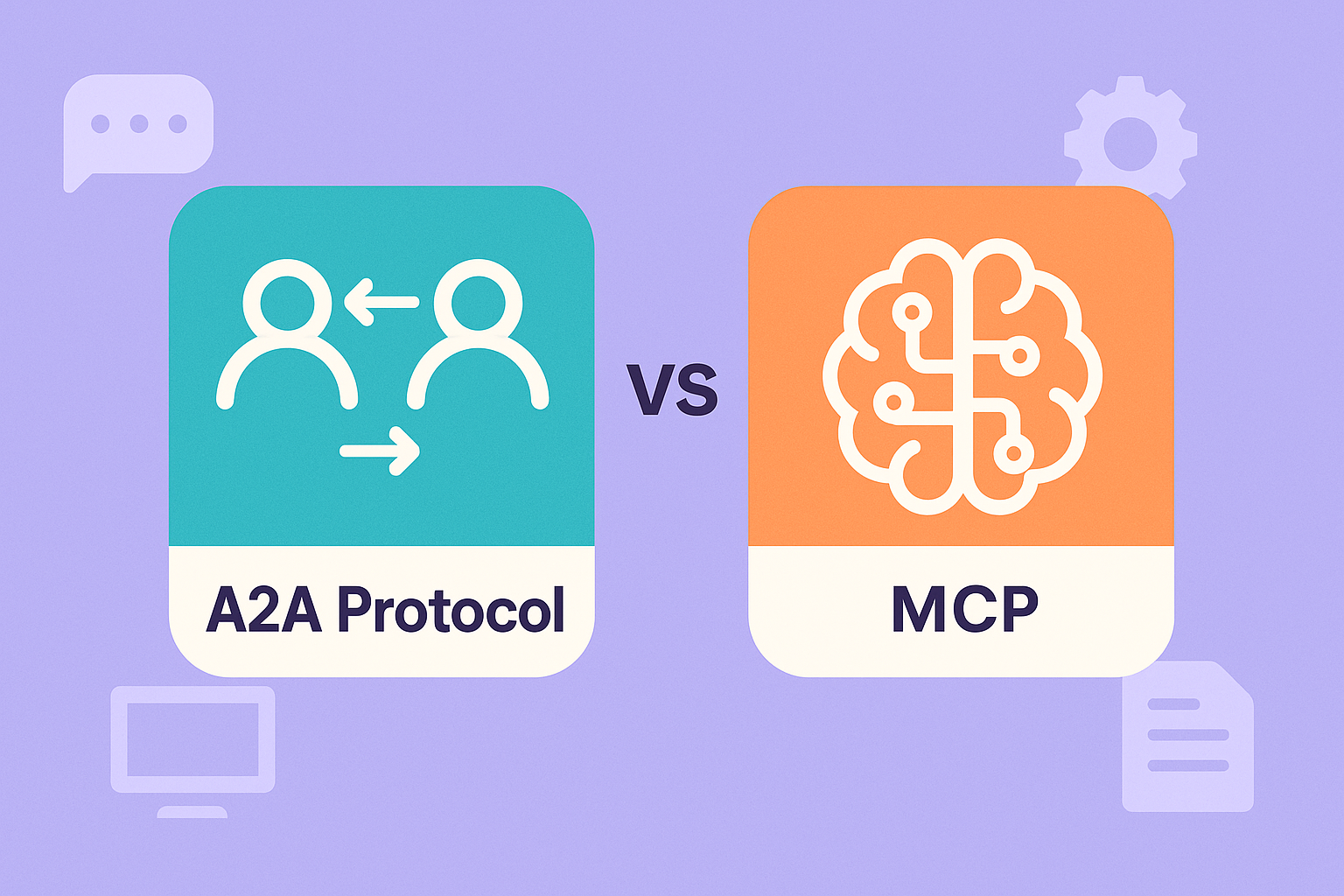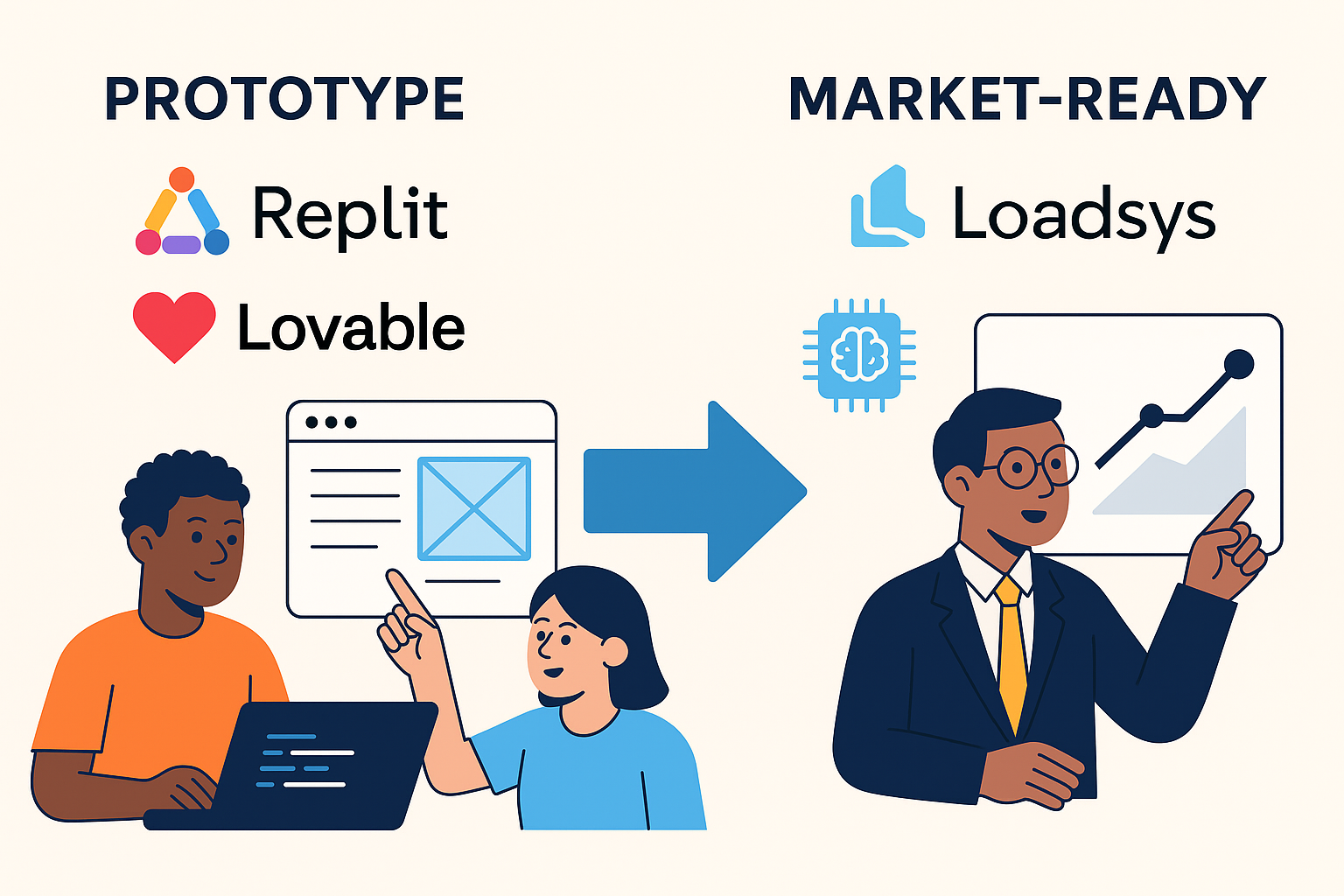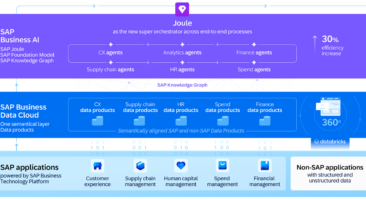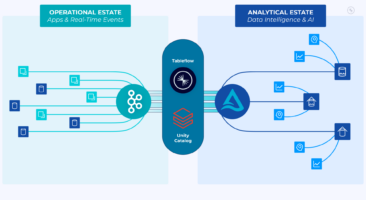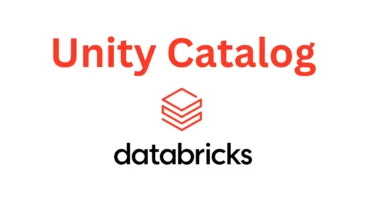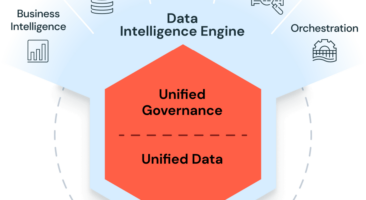Decentralized Finance (DeFi): What It Is and Why it Matters
Decentralized Finance (DeFi): What It Is and Why it Matters
Decentralized finance (DeFi) is a new concept that describes any financial transactions that take place outside of traditional centralized systems, such as banks and credit card companies. In this blog post, we will discuss what DeFi is and why it matters to our world today.
DeFi offers several advantages over traditional systems, including:
• Increased security: Because DeFi transactions are decentralized, they are not subject to the same level of risk or vulnerability as centralized systems.
• Increased privacy: DeFi transactions are decentralized, so there is no single point of access for hackers to exploit or governments to control.
The benefits that come with decentralization have made decentralized finance an attractive concept in recent years and have led many entrepreneurs and developers to explore how they can incorporate it into their own businesses.
But what does this mean for the average consumer?
Decentralized finance offers many benefits to consumers, including increased security and privacy. Consumers can also expect more opportunities for cheaper spending through blockchain-based payment systems. The presence of fewer middlemen means lower transaction fees overall, which is great news for frugal shoppers everywhere.
How does DeFi work?
DeFi applications work by taking advantage of smart contracts to enable trustless transactions. In a nutshell, DeFi applications allow users to interact with each other without the need for a third party. This is made possible by blockchain technology.
Thanks to this revolutionary technology, users can now access a wide range of financial products and services that were once only available to institutional investors. These products include loans, investments, and insurance products. By using DeFi applications, anyone can now participate in the global financial markets regardless of their location or wealth status.
What are some key benefits of DeFi?
Some key benefits of DeFi include increased security, improved transparency, and reduced fees. By using blockchain technology, DeFi allows for a more secure and transparent way to conduct financial transactions. Additionally, DeFi can offer lower fees than traditional financial institutions. This makes it an attractive option for those looking to save money on financial transactions. Overall, DeFi offers a number of advantages over traditional finance that make it a valuable tool for both individuals and businesses.
What are the potential risks associated with DeFi?
While there are many benefits to using decentralized finance tools, some potential risks are worth noting. One risk is that decentralized applications may be less reliable than traditional ones. Another risk is that the value of digital assets may change over time. Additionally, DeFi tools usually require users to hold their own funds in cryptocurrency wallets that are not insured like traditional bank accounts.
That said, these risks are outweighed by the many benefits of DeFi. Decentralized finance offers a more secure, transparent, and accessible way of conducting financial transactions. It also allows users to take control of their own finances and democratizes access to financial services. For these reasons, decentralized finance is quickly becoming one of the most important technologies in the world.
How can DeFi be used?
DeFi has the potential to revolutionize how we interact with finance. For example, imagine being able to borrow money from anyone in the world at a very low-interest rate, by putting up your car as collateral. Or imagine being able to borrow money from someone who has a lot of ETH but not much cash on hand and is looking for better returns elsewhere. These are the types of interactions enabled by decentralized finance platforms built atop Ethereum.
DeFi can be used in many different ways depending on what part you want dapp or smart contract developers to handle it for you (for example if they have their own lending dapps that would complete all the steps except giving them access). Sometimes this might require some programming knowledge; other times it won’t (such as when signing transactions with Metamask, a browser plugin), so no coding is required. To do something like borrowing/lending money, you can use a platform like Compound which allows users to borrow and lend tokens without having to go through an exchange. You don’t need to be a coder to start using DeFi!
Challenges facing the DeFi industry
• Security: The security of DeFi platforms is a top priority for developers and users. As with any new technology, there are always vulnerabilities that need to be addressed.
• Usability: Many people are still unfamiliar with blockchain technology and how to use decentralized applications. Developers will need to make sure that DeFi platforms are user-friendly and easy to navigate.
• Scalability: Another challenge facing the DeFi industry is scalability. Most decentralized applications have not been tested at scale, so it’s unclear whether they can handle large numbers of users or transactions. Developers will need to find ways to optimize these applications so they can perform efficiently at scale.
• Regulatory restrictions: Many governments are still trying to figure out how blockchain and decentralized applications should be regulated. Some might impose regulations that could stifle growth in the DeFi industry, while others may welcome it with open arms. This uncertainty makes it difficult for developers to operate since they aren’t sure where legal or regulatory boundaries stand or what rules they need to abide by when building platforms.
Possible risks and considerations for investing in decentralized finance projects
Before you hop aboard, it is worth considering some of the following risks of investing in decentralized finance projects:
• There is a risk that projects in the DeFi space could be scams or fraudulent. Always do your own research before investing in any project.
• It’s also important to remember that decentralized finance projects are still relatively new and unproven, so there is always the potential for things to go wrong.
• Another thing to consider is liquidity — many DeFi projects have low liquidity, which could lead to problems if you need to sell your tokens quickly.
• Finally, it’s worth remembering that most DeFi projects are based on Ethereum, so if something happens to the Ethereum network (e.g. a hard fork), it could affect the DeFi space. For example, if there were a hard fork that split Ethereum into two chains (like what happened with Bitcoin and Bitcoin Cash), then tokens based on both chains would be affected.
Conclusion
The possibilities of decentralized finance are endless. What other industries could this model disrupt? How can you get involved in DeFi and help make the world a better place for all people? We’ve only scratched the surface on what is possible, but it’s clear that there will be many more innovations to come as digital currencies continue to evolve.
Learn more about Loadsys at https://www.loadsys.com








